As she steps up her appeals to Black voters, Vice President Kamala Harris appeared on a popular Black radio program Tuesday where she said she is still open to slavery reparations and slammed former President Donald Trump for allegedly sending Covid tests to Russia “when black people were dying” back home.
In a wide-ranging live radio town hall in Detroit hosted by syndicated radio host Charlamagne tha God, Harris faced pointed questions from the host and his guests, some of whom said they felt Black voters have been taken for granted by Democrats while getting “very little in return.”
Harris, who has been trying to stem Democrats’ small but steady erosion of support from voters of color, spoke personally about her upbringing in Oakland, the Black Church and at Howard University, but said she knew she had to “earn every vote.”
But while she often tells supporters on the campaign trail that she is the underdog, she said Tuesday: "I’m going to win, but it’s tight.”
Harris opened a new line of attack on Trump, connecting his relationship with Russian President Vladimir Putin, an issue which has been seen mainly as of concern to educated white progressives, to the wellbeing of Black Americans.
Drawing on a new book by famed journalist Bob Woodward, Harris slammed Trump for reportedly sending Covid-19 testing devices to Putin when the machines were in short supply back home. NBC News has not been able to independently verify that.
She said Trump is someone who “admire[s] dictators” and, during the height of the pandemic, sent “Covid tests that nobody could get to the President of Russia for his personal use, when Black people were dying every day by the hundreds.”
“The number of people who lost their grandparents and parents, remember what that was like?” Harris continued. “People were scrambling for the resources and needed tests, and Donald Trump secretly sent Covid tests to the President of Russia.”
She tried to belittle Trump — a point that could be an attempt to take away some of the bravado that has appealed to male voters as she has focused particularly on Black men.
"The man is really quite weak. He’s weak," she said. "It’s a sign of weakness that you want to please dictators and seek their flattery and favor. It’s a sign of weakness that you would demean America’s military and America’s service members. It’s a sign of weakness that you don’t have the courage to stand up for the Constitution of the United States and the principles upon which it stands. This man is weak and he is unfit."
She also suggested she's OK with people saying Trump supports fascism.
"Donald Trump is about taking us backward," Harris said.
"The other is about fascism," Charlamagne interjected. "Why can’t we just say it?"
“Yes, we can say that,” she said with a laugh.
Harris also stood by her early support for studying the idea of slavery reparations, which she embraced during her first presidential run in 2019.
During that campaign, she adopted a number of progressive positions from which she has since distanced herself.
But when asked directly Tuesday, Harris responded: “On the point of reparations, it has to be studied. There’s no question about that.”
As a senator, Harris backed a bill that would have created a federal commission to study the policy and develop reparations proposals.
“I am running to be president for everybody, but I’m clear-eyed about the history and the disparities that exist for specific communities, and I’m not going to shy away from that,” Harris explained.
Asked about her time as a prosecutor and criticism that she worked to imprison Black men on drug charges, Harris defended her record, saying she did not seek jail time for offenders who were only charged with possession of marijuana.
“I will work on decriminalizing it, because I know exactly how those laws have been used to disproportionately impact certain populations, and specifically Black men,” Harris added about working to change the laws around marijuana.
Harris has a long, but not always eye-to-eye, relationship with Charlamagne, whose real name is Lenard McKelvey, a prominent figure in his own right who appeared with her on the campaign trail in 2019, but has also criticized her at times and has not been afraid to press her in interviews.
He did not ask her about one recent moment of friction on trans issues that ended up circulating widely in pro-Trump circles.
“When you hear the narrator [of a Trump ad] say Kamala supports taxpayer-funded sex changes for prisoners, that one line, I was like, ‘Hell no, I don’t want my taxpayer dollars going to that.’ That ad was effective,” Charlamagne said last month.
The ad refers to a position Harris took in 2019 when she told the ACLU she supports gender-affirming care for prisoners and people in immigration detention facilities. Her campaign has since backed off that position.
In the interview, Harris also defended herself from criticism that she can be cautious in the way she speaks, sticking to talking points and repeating herself often in interviews and speeches.
Asked what she says to critics who say she sticks to talking points, Harris replied, “I’d say, ‘You’re welcome.’”
She went on to say that repetition is necessary to reach distracted voters who don't already know about her and said her approach shows “discipline.”
Both the Trump and Harris campaigns shared a clip of the moment on the social platform X, suggesting both apparently viewed it as proving their points.
On a lighter note, Harris said she approved of Maya Rudolph’s impression of her on Saturday Night Live, despite some pro-Harris voices, like radio host Howard Stern, saying they don’t like seeing people make fun of her.
“I have nothing but admiration for the comedy,” Harris said.
.png)
 9 hours ago
12
9 hours ago
12

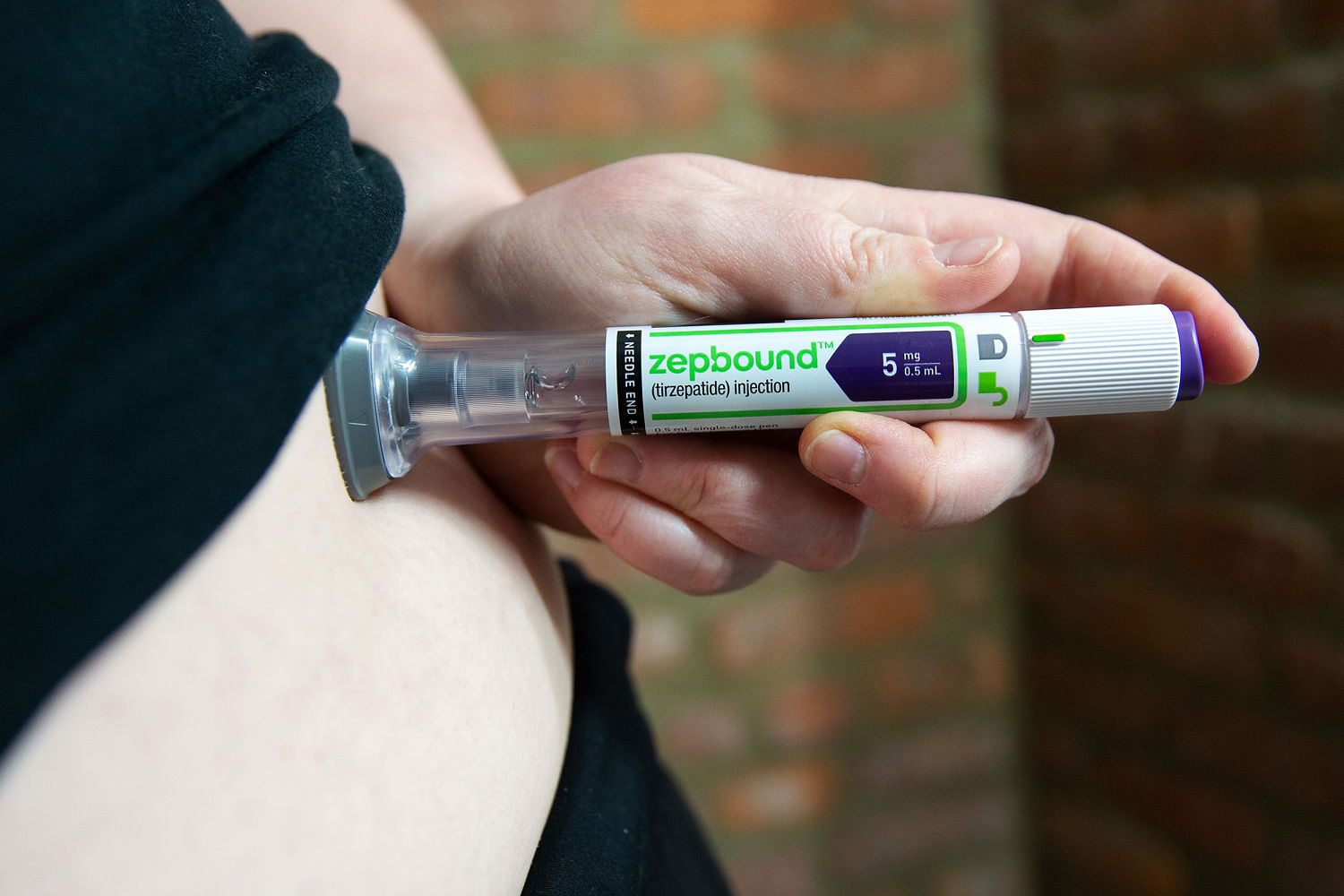
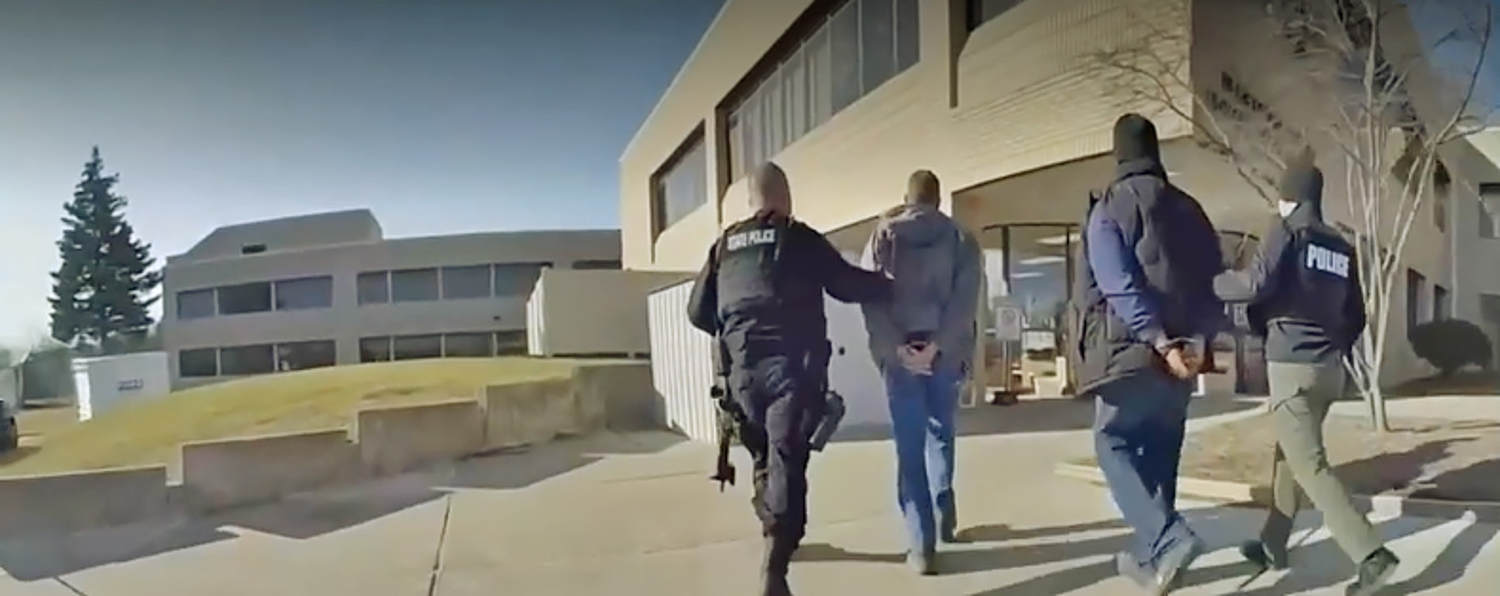



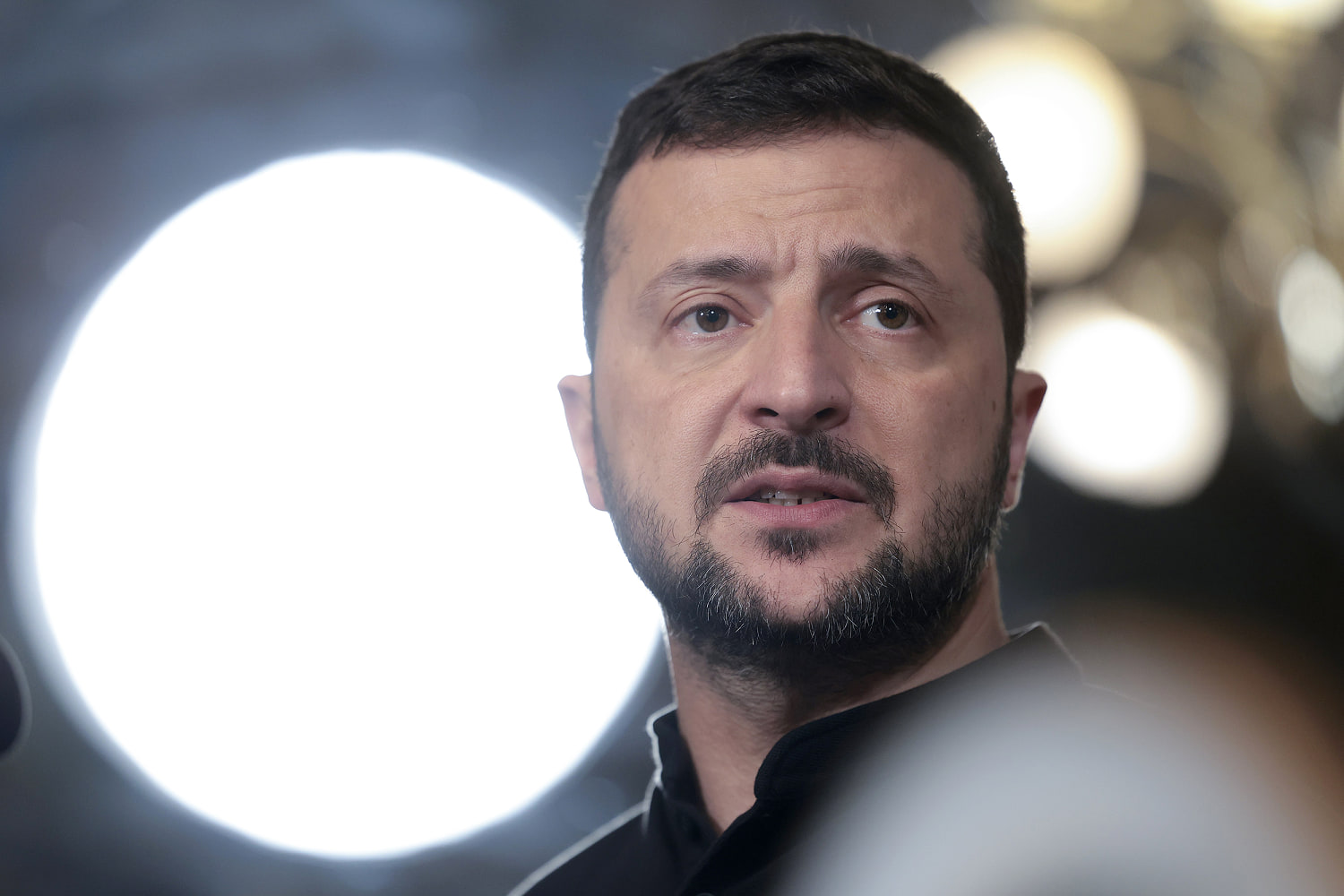




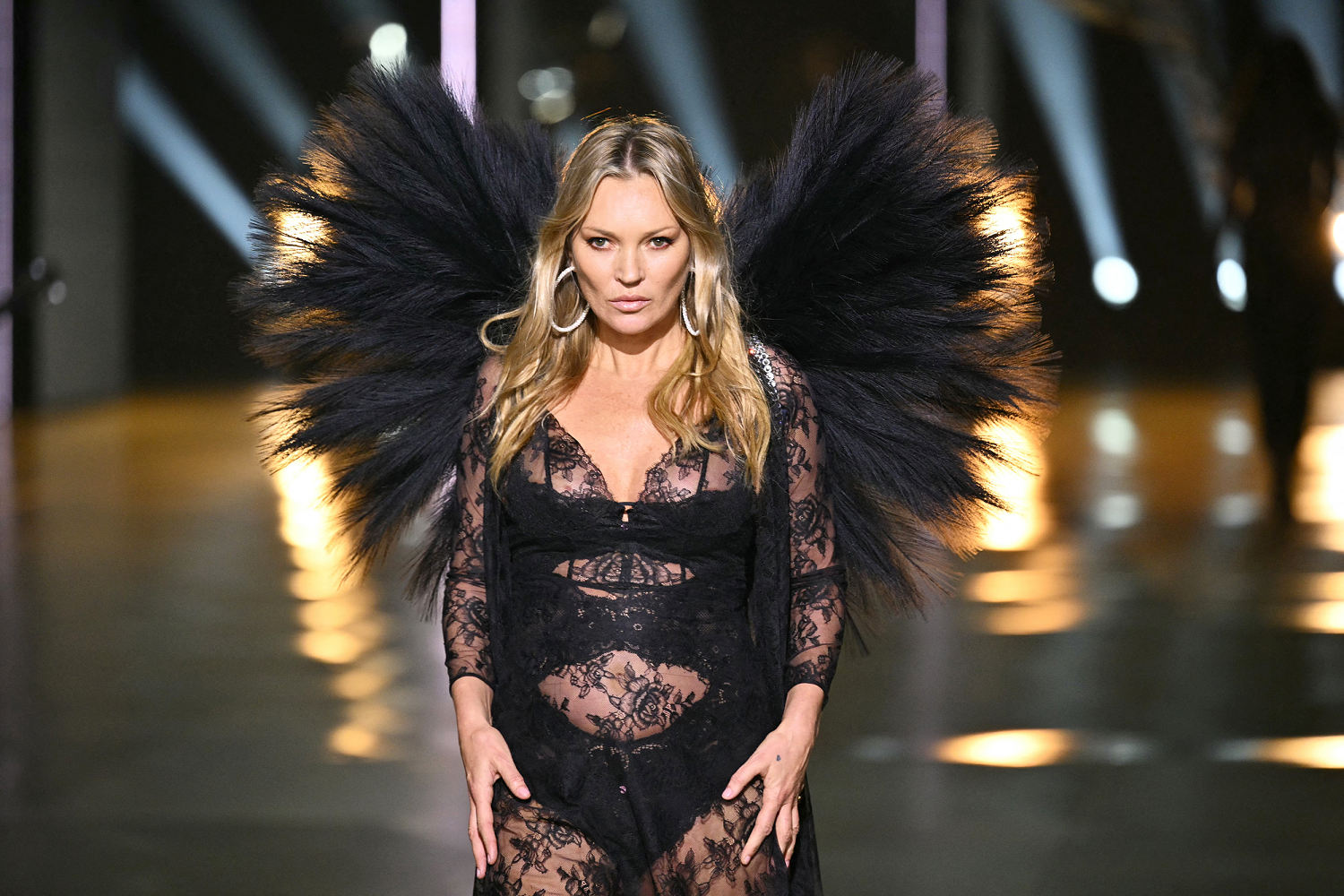












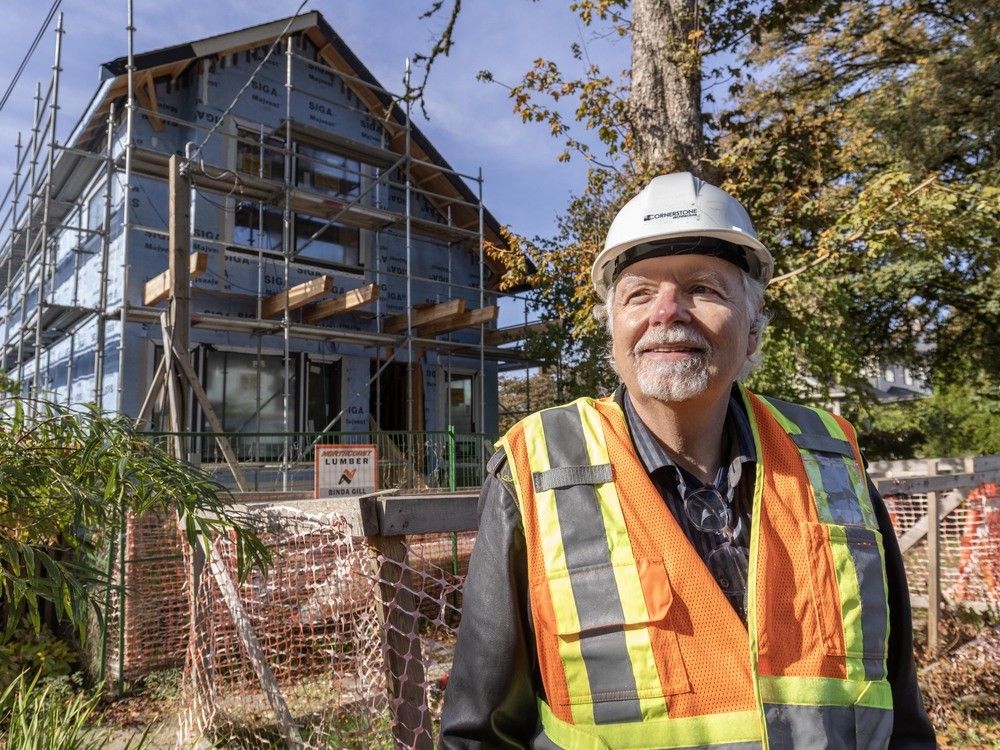

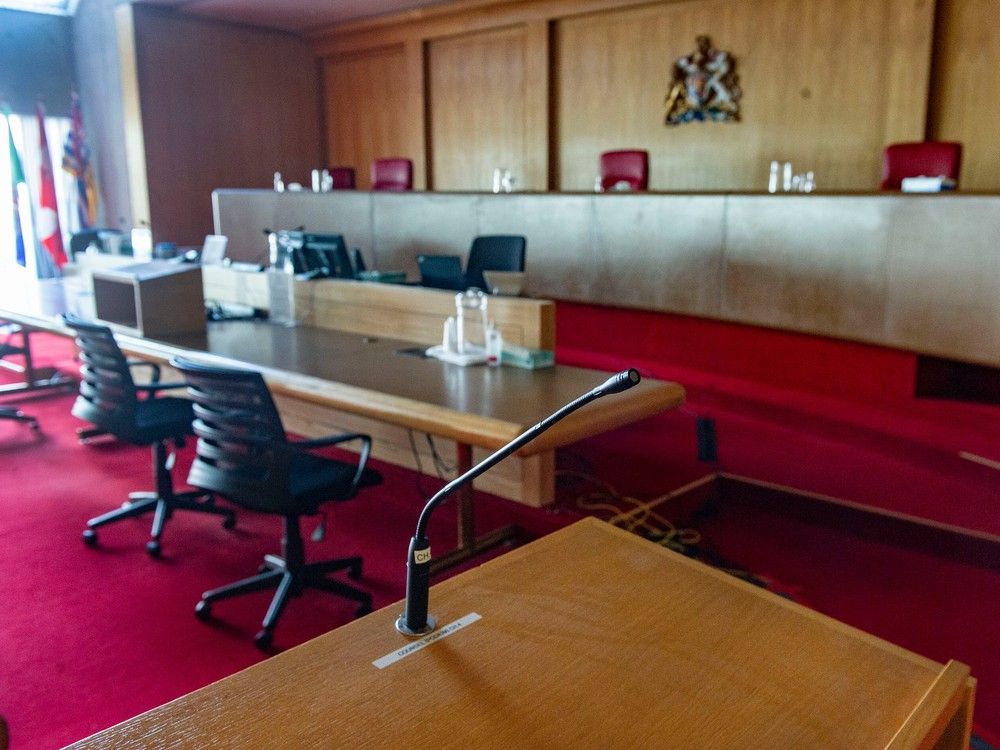

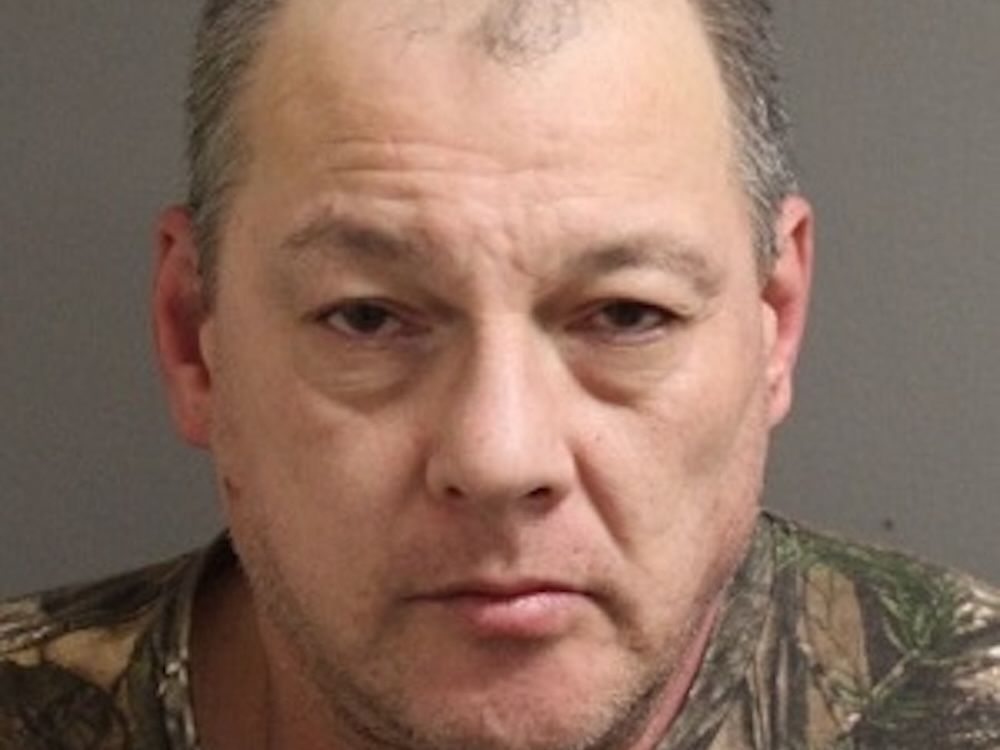


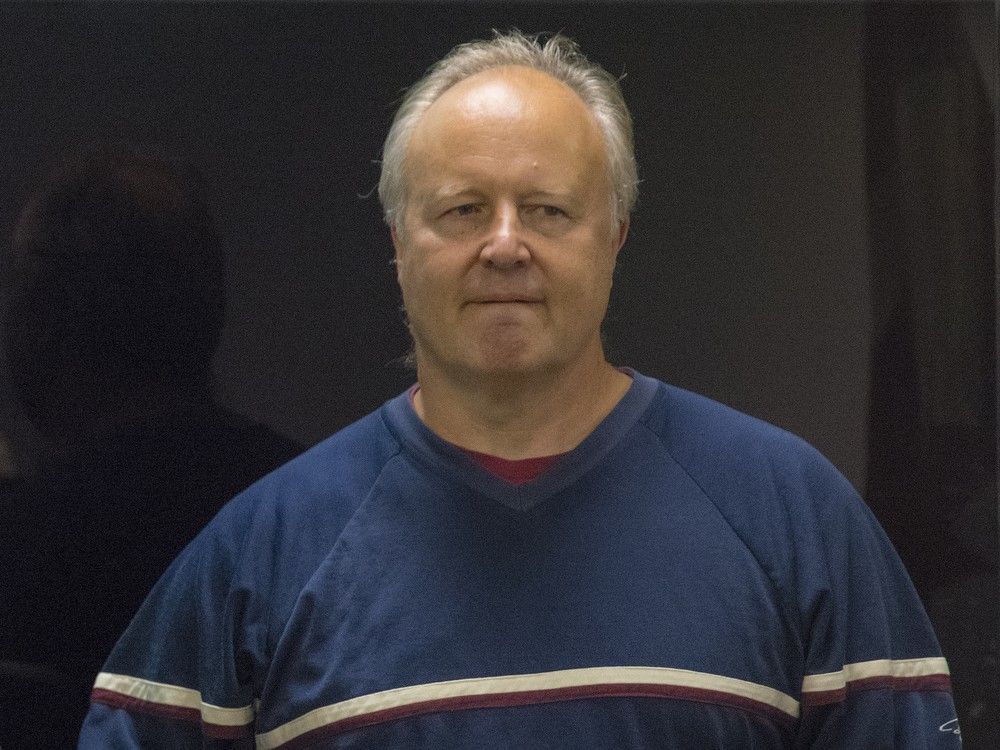


 Bengali (BD) ·
Bengali (BD) ·  English (US) ·
English (US) ·